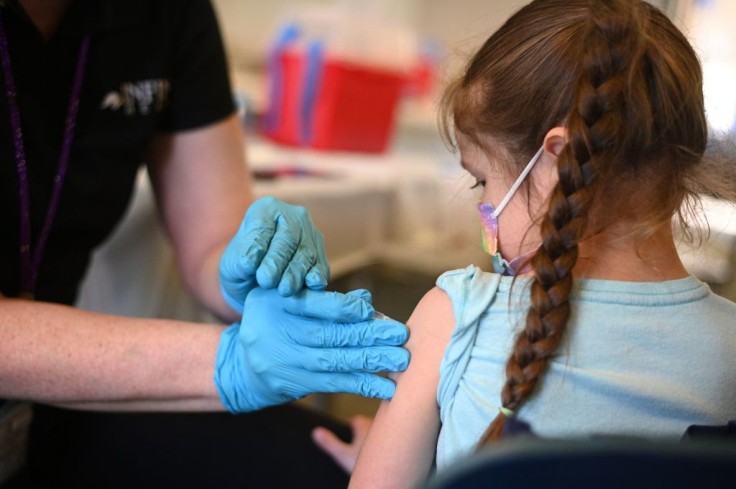
The FDA is another step closer to protecting infants from RSV through AstraZeneca-Sanofi's Nirsevimab vaccine.
In a significant development in the battle against respiratory syncytial virus (RSV), a panel of independent advisors to the Food and Drug Administration (FDA) has unanimously recommended the approval of the antibody nirsevimab.
This recommendation marks a crucial step toward safeguarding infants from RSV, the leading cause of hospitalization among newborns.
If the FDA grants approval, nirsevimab will become the first medical intervention available in the United States capable of protecting all infants from RSV.
AstraZeneca developed this monoclonal antibody, which would be marketed by Sanofi.
The Unanimous Recommendation for Nirsevimab
Nirsevimab offers a promising solution to combat RSV effectively.
While another monoclonal antibody called palivizumab exists for preterm infants and those with specific risk factors, nirsevimab's approval would provide protection to a broader population, including healthy infants, who constitute the majority of RSV-related hospitalizations.
Unlike palivizumab, which requires monthly administration, nirsevimab offers the convenience of a single-dose regimen.
The FDA's review of nirsevimab's effectiveness revealed encouraging results.
According to CNBC, the FDA's analysis of the antibody demonstrated up to 75% efficacy in preventing lower respiratory tract infections requiring medical attention and approximately 78% efficacy in preventing hospitalizations due to RSV.
Even the more conservative estimate, accounting for missing health outcome data, still placed nirsevimab's effectiveness at around 48% against lower respiratory tract infections.
Importantly, the FDA did not identify any safety concerns during its review of nirsevimab.
While other monoclonal antibodies have been associated with serious allergic reactions and hypersensitivity, the trials involving nirsevimab showed minimal cases of these side effects in infants who received the antibody.
It is essential to note that the FDA anticipates rare cases of allergic reactions and hypersensitivity to occur if nirsevimab receives approval.
Recognizing the paramount importance of safety, AstraZeneca has committed to closely monitoring the safety profile of nirsevimab through a robust global monitoring system.
This measure ensures that any potential adverse effects can be promptly identified and addressed.
Nirsevimab: A Potential Game-Changer
According to NPR, Dr. Mary Anne Jackson, a voting member and pediatrician at Children's Mercy in Kansas City, Missouri, highlights the significance of this infectious disease within the pediatric population, emphasizing its substantial impact on the lives of young children and the limitations it imposes on accessing medical care for those with other illnesses.
Dr. Steven Krug, a pediatric emergency physician and professor at the Northwestern University Feinberg School of Medicine, concurs, noting the significant morbidity and mortality caused by RSV.
The viral infection annually leads to the hospitalization of approximately 58,000 to 80,000 young children in the United States, making it the primary reason for infant hospitalizations.
AstraZeneca's analysis suggests that the use of this drug could prevent the majority of RSV-related hospitalizations.
Looking ahead, unanswered questions remain regarding the interaction between nirsevimab and vaccines under development that confer protective antibodies to fetuses when administered to pregnant mothers.
While the FDA is not obligated to follow the recommendations of its advisory panel, the unanimous vote in favor of nirsevimab underscores its potential significance in the fight against RSV.
According to NBC News, it is worth noting that nirsevimab has already received approval in Canada, Europe, and the United Kingdom, further highlighting its global impact in preventing RSV-related hospitalizations.
Furthermore, in the event of drug approval, infants born between April and October could receive immunizations at their pediatrician's office ahead of the approaching RSV season.
Similarly, infants born from November to March could be immunized before their discharge from the hospital.
The company projected that the administration of their injection could potentially prevent around 500,000 medical visits annually, which includes up to 60,000 hospital admissions.